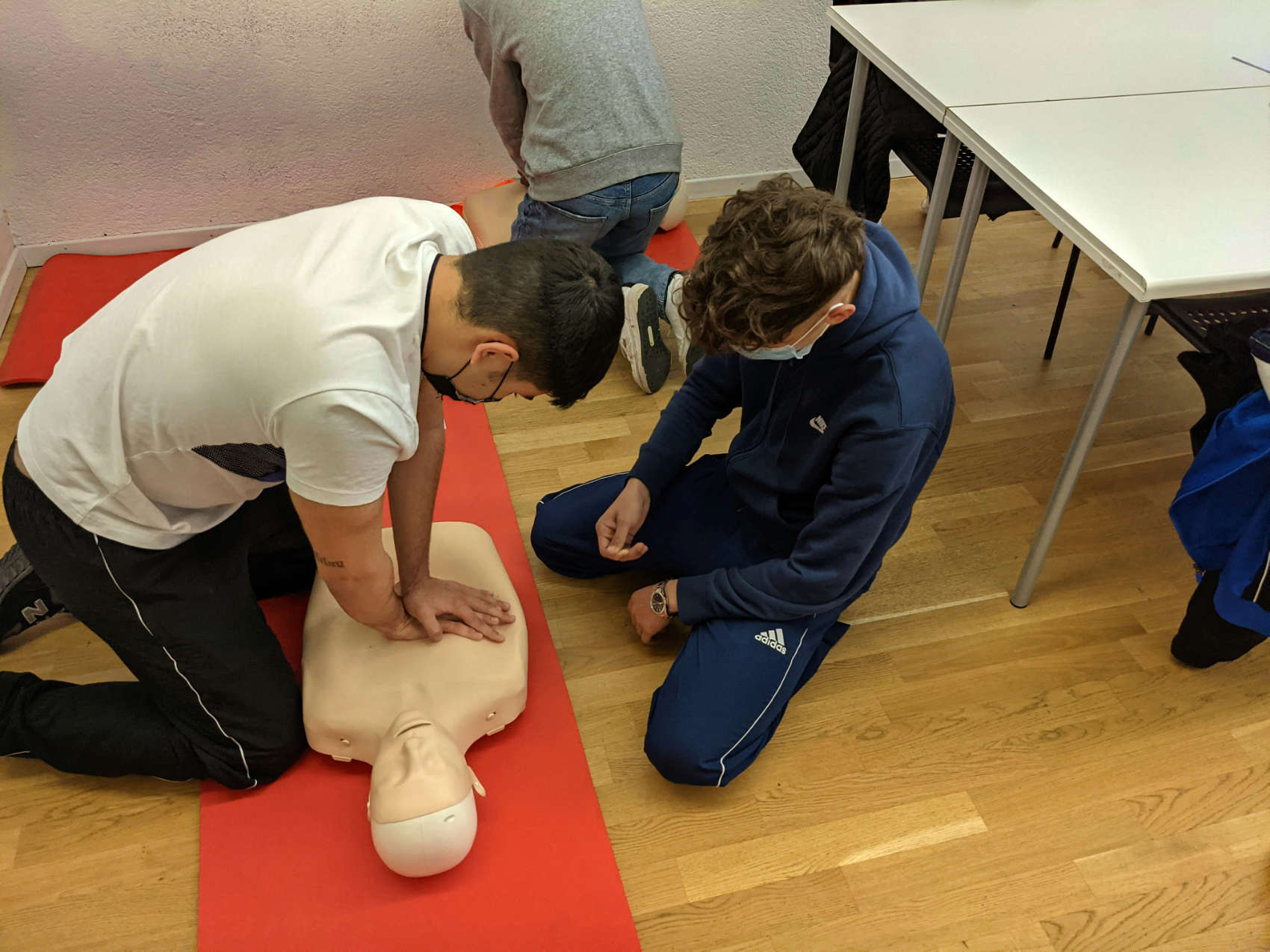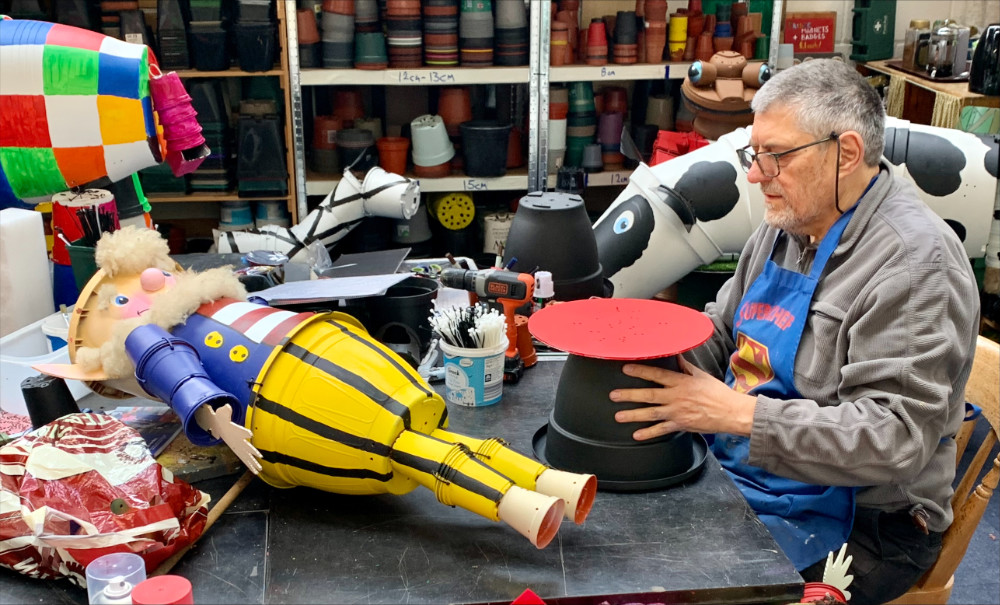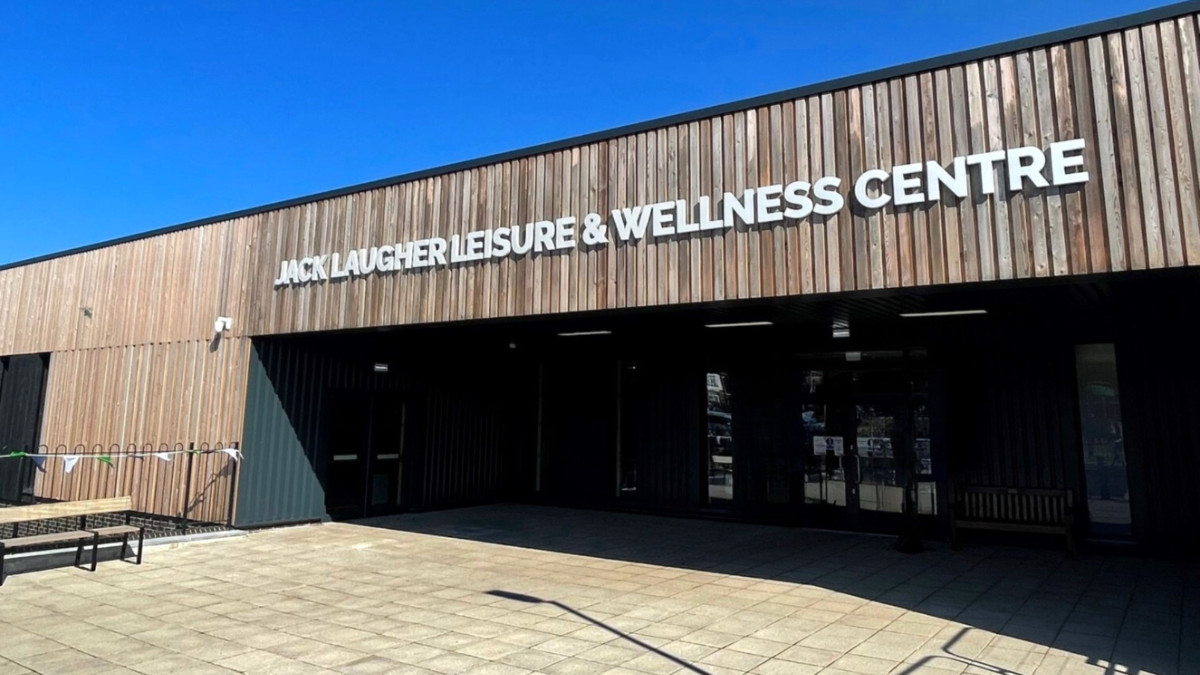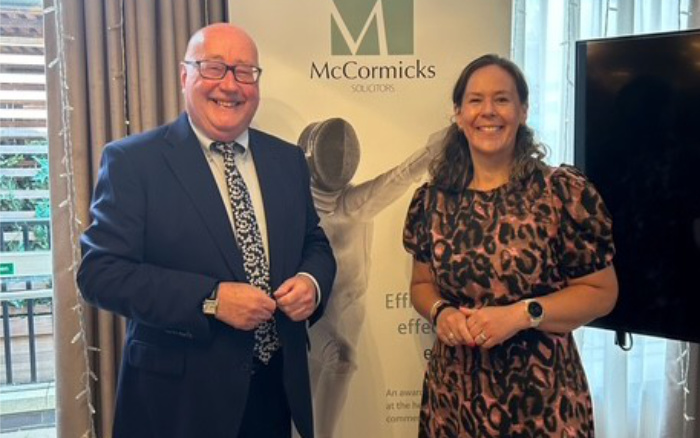When you’re responsible for children, their safety becomes your top priority. This responsibility grows tenfold when working professionally with young ones, where the stakes are high, and the expectations are even higher. Knowing child CPR is an indispensable skill in such environments, as emergencies can occur without warning, and being prepared can mean the difference between life and death.
The Basics of Child CPR
Child CPR (Cardiopulmonary Resuscitation) is slightly different from the adult version, tailored to the anatomical and physiological differences of children. These nuances make understanding child-specific CPR techniques essential for anyone working in childcare, education, or any field involving kids.
Educating yourself on child CPR goes beyond just knowing what to do; it instils a confidence that in emergencies, you’re not helpless. This peace of mind is invaluable for you and the parents and guardians who trust you with their most precious treasures.
Emergency Preparedness
Having the ability to perform CPR in an emergency is a testament to your commitment to the wellbeing of children under your care. It’s about being prepared for the unexpected and having the competence to act swiftly and effectively.
The readiness to tackle such challenges head-on showcases professionalism and demonstrates a deep-rooted care for the children’s safety. It’s about making the environment as safe as possible, where risks are minimised, and the response to potential emergencies is maximised through skill and knowledge.
The Importance of Formal Training
While informal knowledge of CPR is beneficial, formal training provides a structured and comprehensive understanding of the procedures. First aid training in Leeds offers such specialised programs, focusing on child CPR among other critical first aid skills. These courses are designed to equip individuals with the knowledge and practical experience needed to confidently handle emergency situations involving children.
Formal training ensures that the techniques are learned accurately and are performed correctly under pressure. It’s an investment in the safety of the children and a commitment to professional excellence in any child-centred career.
Legal and Ethical Considerations
Understanding child CPR isn’t just a matter of practicality; it’s also intertwined with legal and ethical responsibilities. In many settings, having staff trained in child CPR is encouraged and required by law. This underscores the importance of such skills in ensuring the safety and wellbeing of children in professional settings.
On an ethical level, knowing how to perform CPR on a child is a manifestation of your duty of care. It’s about being prepared to do everything in your power to protect and preserve life, a fundamental ethical obligation for anyone who chooses to work with children.
Building Trust and Confidence
Parents entrust their children to teachers, carers, and other professionals with the expectation that their wellbeing is in safe hands. Knowing child CPR is a tangible demonstration of that trustworthiness and commitment to their child’s safety.
This skill empowers you with confidence. In a critical moment, knowing you have the training to potentially save a child’s life can make all the difference. This self-assurance is infectious, creating a positive and secure atmosphere for both the children and their families.
Summary
The ability to perform CPR on a child is an invaluable skill for anyone working with kids. It’s about more than just responding to emergencies; it’s a fundamental aspect of care, preparation, and responsibility. Whether through formal training sessions in Leeds or elsewhere, acquiring these skills is a step towards creating a safer environment for children.







